Parliamentary party groups (PPGs) are one of the central organisational units in parliaments. This is true in the German Bundestag, which is often referred to as a "PPG-parliament", as well as in many parliaments around the world. As groups that unite MPs, PPGs support the parliamentary transformation of pluralistic interests into decisions for the common good and promote the efficient handling of political problems. In our project on parliamentary groups, we study the functioning and stability of these parliamentary institutions.
If you have any questions on the subject of fractions, please contact Dr Danny Schindler at schindler@iparl.de or Oliver Kannenberg at kannenberg@iparl.de.
The Institute for Parliamentary Research has analysed the nomination process for candidates standing for election to the German Bundestag over several electoral periods.The performance of parliamentary democracy depends to a large extent on who is nominated for parliamentary seats. In its' 2017 project, the IParl therefore asked who nominates whom and why. Against the backdrop of the early Bundestag elections in 2025, the focus is on the time dimension of the nomination processes.
If you have any questions about the candidate nomination, please contact Anastasia Pyschny at pyschny@iparl.de.


Coalition governments are a basic pattern of parliamentary democracy that is put to the test by new alliance necessities and options, among other things. Our research focusses primarily on the formation of coalitions: How are coalition negotiations organised? How do the internal party decision-making processes take place when forming a government? And what do coalition agreements achieve?
If you are interested in our research on coalitions, please contact Dr Danny Schindler at schindler@iparl.de or Oliver Kannenberg at kannenberg@iparl.de.
State parliaments are an indispensable component of representative democracy in a federal state. Our research focuses on fundamental questions about the specific ways in which they fulfil parliamentary functions and what role they play in Germany's federal system and within the framework of the European Union. We are also interested in comparisons with sub-national (regional) parliaments in other states. In previous research, for example, we have investigated how state parliaments exercise parliamentary control (e.g. via the right to ask questions), how they have fulfilled the function of electing prime ministers and what national and international cooperation they enter into and maintain.
If you have any questions about state parliamentarism, please contact Prof Dr Franziska Carstensen at carstensen@iparl.de .


Our research on parliaments is not restricted to Germany. We bring together a number of country experts whose research focuses on the government systems and parliaments of other countries and who have expertise in this area.
For questions about the French political system, please contact Dr Calixte Bloquet at bloquet@iparl.de and/or Anastasia Pyschny (pyschny@iparl.de).
Alexander Kühne deals with the US system of government and is your contact for all questions relating to the USA at kuehne@iparl.de.
The countries of the Western Balkans are in the process of democratic transition. Oliver Kannenberg researches the development of parliamentarianism in these countries and can be contacted at kannenberg@iparl.de.
Dr Danny Schindler researches the countries of East Africa – contact schindler@iparl.de.
Parliamentary scrutiny is one of the key functions of parliaments. It takes many different forms and can be performed by individual MPs, committees, political groups or the entire parliament. Depending on the parliament, different instruments are available: they range from the right to ask questions to committees of enquiry and plenary formats such as oral questions and current affairs. Our research focuses on the question of how parliaments fulfil this important function, which instruments they use and test and which are particularly suitable. In previous research, for example, we have analysed the right to ask questions in the Bundestag and in the state parliaments as well as in the French National Assembly; we have also looked at scrutiny activities during the coronavirus pandemic.
For questions about the control activities of parliaments, please contact Prof Dr Franziska Carstensen (carstensen@iparl.de) or Anastasia Pyschny (pyschny@iparl.de).


Representation - understood in the sense of Ernst Fraenkel as the right and duty to make binding decisions for the community - is the core task of democratic parliaments. At the same time, it emphasises the central role that a parliament plays as a legitimising authority in the political system. This timeless research topic is of particular importance in view of the many national and global challenges that parliamentarians and society as a whole are currently facing.
As part of the COMPARE project, Alexander Kühne (kuehne@iparl.de) and Christian Ignorek (ignorek@iparl.de) research the understanding of representation of members of parliament.
Through elections, voters determine who represents them in parliaments. The rules according to which elections are held, how votes are turned into mandates and who organises their implementation are therefore essential for the quality of democratic representation. We are supporting the reform process for the Bundestag electoral law with our expertise and are also conducting research into questions of electoral organisation and the associated trust in elections.
For questions about elections and electoral law, please contact Daniel Hellmann at hellmann@iparl.de.


Around 40 per cent of the world's parliaments are bicameral. Second chambers can be found on every continent, in parliamentary as well as presidential systems, in federal as well as unitary countries, and in democratic as well as autocratic regimes: examples include the British House of Lords, the French Senate, the German Bundesrat, and the senates of Latin American countries and the United States. Nevertheless, the question of what they add to the systems in which they exist is often raised, sometimes to the point of questioning their very existence. Despite the importance of these debates, second chambers have rarely been the focus of political science research. The IParl aims to contribute to this discussion by undertaking a research project on representation in European second chambers.
Prof Dr Franziska Carstensen (carstensen@iparl.de) and Dr Calixte Bloquet (bloquet@iparl.de) are researching second chambers as part of the second chambers project.


Sign up to receive updates, promotions, and sneak peaks of upcoming products. Plus 20% off your next order.